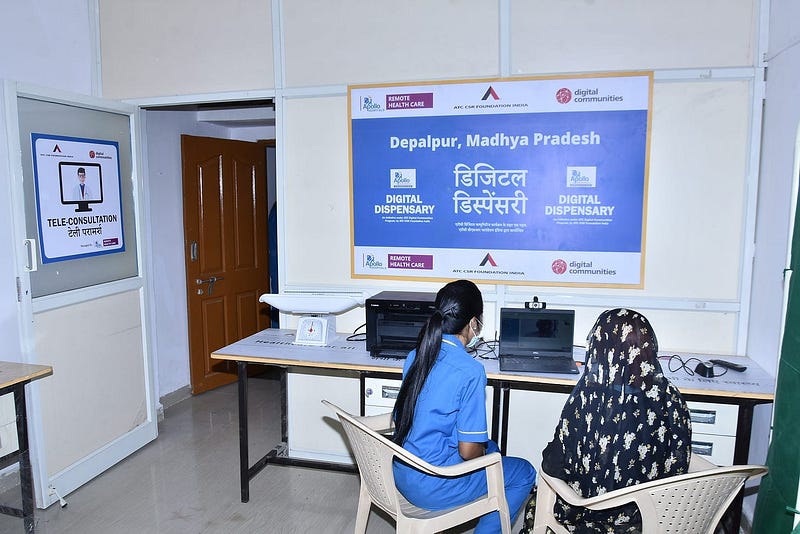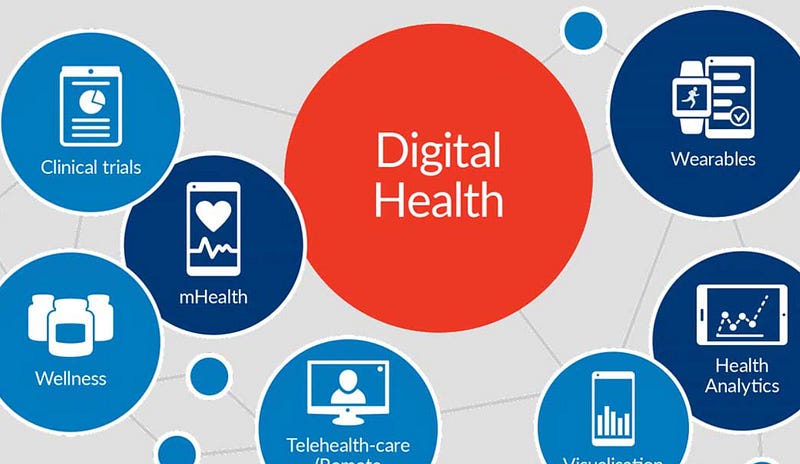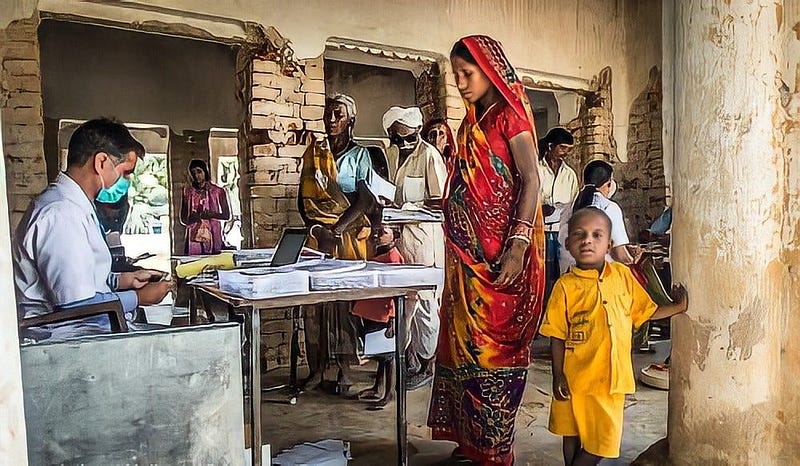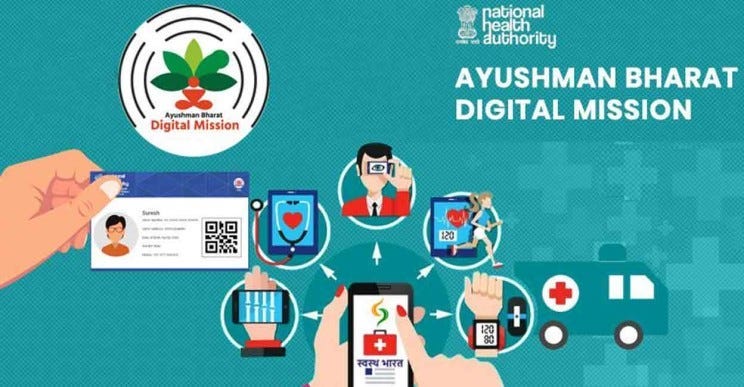The National Health Claim Exchange (NHCX) is a digital health claims platform jointly developed by the National Health Authority (NHA) and the Insurance Regulatory and Development Authority (IRDAI) in India. The NHCX portal is almost ready and as of 25 May 2024, it is expected to be launched within the next two to three months. It is part of the Ayushman Bharat Digital Mission (ABDM), which aims to improve healthcare services across India.
Overview of the Current Claim Processing
In the current scenario, patients who visit a hospital for treatment provide their insurance policy details or a card issued by the Third Party Administrator (TPA) or Insurance company. If it's the Pradhan Mantri Jan Arogya Yojana (PMJAY), then the card is issued by the State Health Agency (SHA). The hospital then accesses the claim processing portals of respective payers and upload the required documents for pre-authorization or claim approval process. That is exclusively designed for a specific policy or scheme.
On receipt of the pre-authorization/claim form, State Health Agency/the Insurance Company/Third Party Administrator (TPA) will authenticate and digitize the form using their internal claims processing portal. The claims will then be adjudicated by the relevant team. In India, a significant portion of the adjudication process is presently manual, whereas in many developed markets, over 90% of claims are auto adjudicate.
Challenges of the Current Process
- The current process of exchanging claims lacks standardization across the ecosystem.
- With most data exchange occurring through PDF/manual methods.
- Additionally, there are no established health standards.
- Processes vary significantly among insurers, TPAs, and providers.
To address these challenges, NHA along with industry experts have made standard domain specification and NHCX protocol and published for feedback from industry participants such as insurance companies, TPAs, and state health agencies. This collaborative and transparent effort aims to create an open, widely agreed Health Claims data Exchange Specifications that can be adopted as a public good. Specifications for Cashless Claims are now available for public consultation, and NHA is open to discuss
The National Health Claims Exchange Specifications serve as a blueprint for each aspect of the envisioned claims network, allowing for technology and vendor neutrality, adaptability to changing needs over time, and the promotion of innovation and inclusion.
Key points about NHCX
Purpose and Functionality:
- NHCX serves as a single-window interface connecting health insurance companies, hospitals, and policyholders.
- Its primary goal is to streamline the health claim filing process by replacing cumbersome manual procedures with a standardized, digitized system.
- The platform acts as a gateway for exchanging claims-related information among various stakeholders in the healthcare and health insurance ecosystem.
Stakeholders Involved:
- Health Insurance Companies: NHCX provides a common platform for health insurance companies to process and settle claims efficiently.
- Hospitals and Service Providers: Hospitals can use NHCX to submit details of treatments, expenses, and other relevant information for claim verification.
- Policyholders: Individuals seeking health insurance claims benefit from the simplified process enabled by NHCX.
Benefits of NHCX:
- Faster claim processing: NHCX acts as a single platform for insurers, hospitals, and other healthcare providers to securely share claim data. This eliminates the need for manual paperwork and facilitates faster claim approvals.
- Improved interoperability: The platform ensures seamless exchange of standardized health information across different healthcare systems. This reduces the chances of errors and delays due to data incompatibility.
- Enhanced transparency: NHCX promotes transparency in the claim settlement process. Policyholders can easily track the status of their claims and access relevant information.
- Benefits for all stakeholders: By streamlining the process, NHCX is expected to benefit all parties involved. Patients will experience quicker claim settlements, hospitals will receive faster reimbursements, and insurers can improve operational efficiency.
Current Challenges Addressed:
In the existing process, patients provide their health plan details to hospitals, which then initiate the claims process.
Hospitals access the insurer's platform to submit treatment details, including expenses and duration.
The insurer verifies the claim based on diagnosis reports and approves it.
However, managing multiple companies, patients, and portals makes this process bulky and time-consuming.
NCHX is believed to be accessible across India from the launch date, and sources said it will initially provide a connection between stakeholders of already-linked 50 insurance companies and 250 hospitals, with more hospitals and insurers to join in the future.
Many major players such as Aditya Birla Health Insurance Company Limited, Star Health and Allied Insurance Co. Ltd, Bajaj Allianz Life Insurance, HDFC ERGO General Insurance, ICICI Lombard General Insurance Company Limited, New India Assurance, TATA AIG General Insurance Company Limited, and United India Insurance Co. Ltd., have already finished integration with NHCX.
After IRDA mandated that all insurance policies should be issued in electronic form from April 1, leading to insurance plans of one individual consolidated in his e-Insurance Account (eIA), NHCX is the next major reform in the insurance industry. IRDAI has earlier approved 'Bima Sugam' another revolution in the insurance sector to provide an online marketplace for insurance, to help policyholders compare premiums and features of all categories of insurance products. buy insurance products including life, health, motor and travel insurance.












